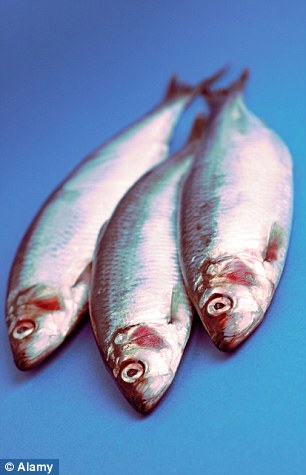G
Guest
This is a topic that can quickly overwhelm others so I think it deserves it's own thread. I've found a lot of evidence in support of the approach: "Eat food, mostly plants, not too much" (quote from Michael Pollan) but contrasting views are welcome. I'll start off with the abstract of the study that really broke new ground, when Dr. Dean Ornish showed that diet and lifestyle changes could not only slow severe heart disease, but actually reverse it: http://www.thelancet.com/journals/lancet/article/PII0140-6736(90)91656-U/abstract
Another approach to this subject is based on the observation that heart disease is rare among some populations. Much can be learned by looking closer at what these countries do differently. The China Study did this quite well but it's a long book, here's a short video outlining some studies on this:
http://nutritionfacts.org/video/one-in-a-thousand-ending-the-heart-disease-epidemic/
In a prospective, randomised, controlled trial to determine whether comprehensive lifestyle changes affect coronary atherosclerosis after 1 year, 28 patients were assigned to an experimental group (low-fat vegetarian diet, stopping smoking, stress management training, and moderate exercise) and 20 to a usual-care control group. 195 coronary artery lesions were analysed by quantitative coronary angiography. The average percentage diameter stenosis regressed from 40·0 (SD 16·9)% to 37·8 (16·5)% in the experimental group yet progressed from 42·7 (15·5)% to 46·1 (18·5)% in the control group. When only lesions greater than 50% stenosed were analysed, the average percentage diameter stenosis regressed from 61·1 (8·8)% to 55·8 (11·0)% in the experimental group and progressed from 61·7 (9·5)% to 64·4 (16·3)% in the control group. Overall, 82% of experimental-group patients had an average change towards regression. Comprehensive lifestyle changes may be able to bring about regression of even severe coronary atherosclerosis after only 1 year, without use of lipid-lowering drugs.
Another approach to this subject is based on the observation that heart disease is rare among some populations. Much can be learned by looking closer at what these countries do differently. The China Study did this quite well but it's a long book, here's a short video outlining some studies on this:
http://nutritionfacts.org/video/one-in-a-thousand-ending-the-heart-disease-epidemic/




